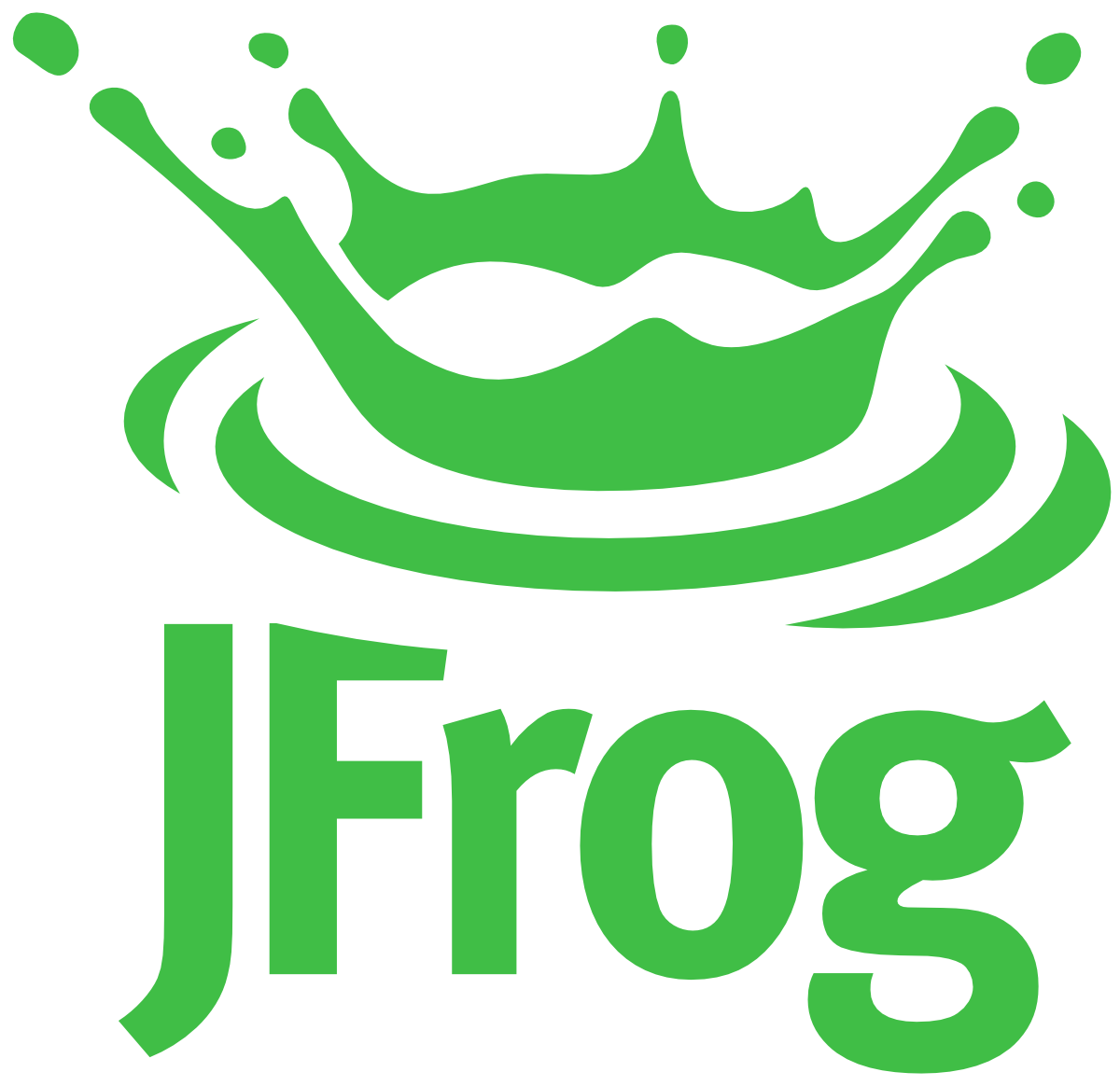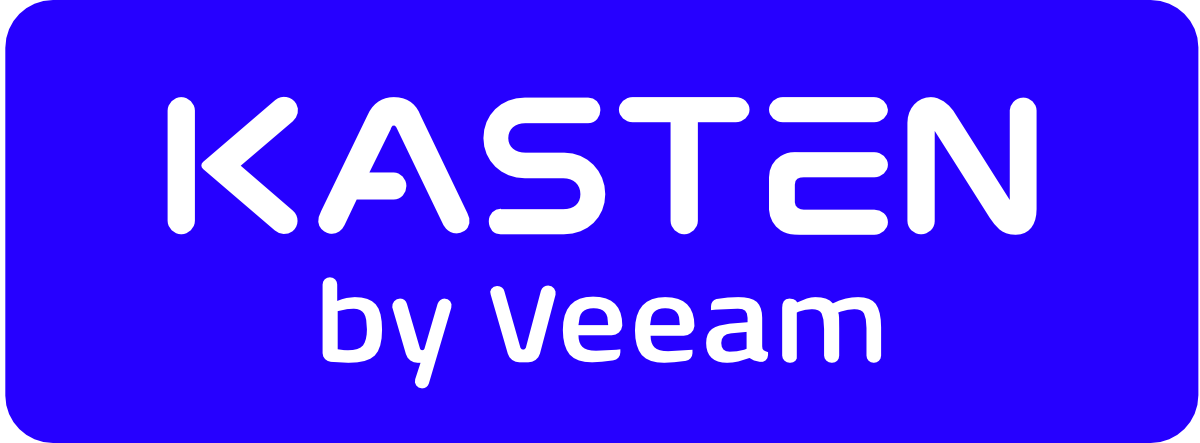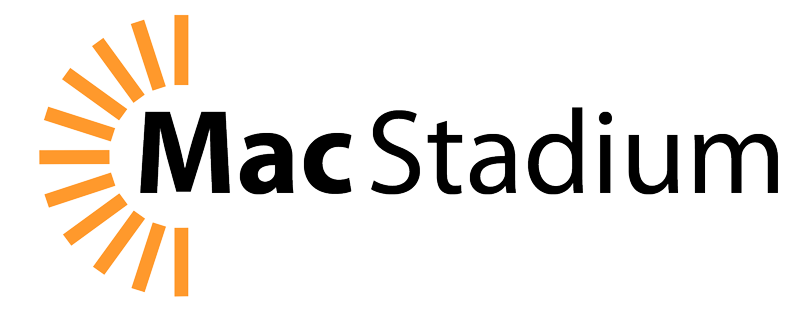VMblog: Can you give VMblog readers a quick overview of your company?
Justin Bartinoski: Trilio is a leader in cloud-native data protection and management for applications using Kubernetes containers and/or OpenStack cloud infrastructure. Our TrilioVault technology is trusted by cloud architects and DevOps engineers for backup and recovery, migration, ransomware protection and application mobility. Customers across telecom, defense, automotive and financial services leverage TrilioVault to easily migrate to new cloud infrastructure, recover quickly from ransomware attacks and comply with disaster recovery protocols.
VMblog: How can attendees of the event find you? What do you have planned at your booth this year? What type of things will attendees be able to do at your booth?
Justin Bartinoski: Attendees can visit Trilio at Booth P20 to see a Demo of a new cloud-native data protection innovation called Continuous Restore. Continuous Restore offers near-instantaneous application portability and recoverability across any cloud or storage.
We’ll also be showcasing our comprehensive integration with Red Hat OpenShift, including “fleet management” capabilities in-line with Advanced Cluster Management (ACM) along with support for OpenShift managed services in the cloud with ROSA and ARO.
While you chat with our K8s experts we’ll be serving slices of Detroit-style pizza!
VMblog: Are you and your company excited for this event to be in person this year in Detroit? What are your thoughts and expectations for the show? Are attendees ready to come back in person, in full force?
Justin Bartinoski: The energy in the community to meet in person is definitely back in force. We’re hopeful that the precautions put in place by the CNCF—attendees showing proof of vaccination or a negative COVID test and masks being required—will help. That being said, our calendars are packed with meetings, and we’re certain that’s the case for most everyone else, too.
VMblog: Have you sponsored KubeCon + CloudNativeCon in the past? If so, what is it about this show that keeps you coming back as a sponsor?
Justin Bartinoski: We’re longtime sponsors of the event, and this is our third time as a Platinum sponsor. For us, KubeCon events have always been about driving continuous learning thru dialogue, knowledge-share, talks, demos, you name it. The community is so passionate and engaged that it helps deliver a strong ROI for sponsors.
VMblog: What do you attribute to the success and growth of this industry?
Justin Bartinoski: The growth trajectory of cloud native technology is directly attributable to software developers and the organizations they support wanting new ways to deliver software faster. That might be a new feature to keep their app competitive, a bug fix, or an optimization that improves performance at scale. The ability to ship software multiple times a day has transformed how software organizations think about the strategic value they can deliver through their applications and data. Kubernetes is an enabling technology, without which this would probably not be possible.
VMblog: What are you personally most interested in seeing or learning at KubeCon + CloudNativeCon?
Justin Bartinoski: We’re looking forward to the sessions and conversations about how enterprises are using and protecting their data in large-scale deployments. The fundamental problem of data on Kubernetes—stateless apps and stateful data—has largely been solved. What teams are realizing now is that they need a more enterprise-ready data protection architecture for their cloud native applications.
VMblog: What kind of message will an attendee hear from you this year? What will they take back to help sell their management team and decision makers?
Justin Bartinoski: We’re bringing two messages to KubeCon in Detroit. One is that enterprises can easily achieve high levels of failover performance using Kubernetes across different public cloud environments with a new feature we call Continuous Restore. Another is that users in the Red Hat OpenShift ecosystem have a simple, deeply integrated option for enterprise-scale disaster recovery and app mobility with TrilioVault for Kubernetes.
VMblog: Where does your company fit within the container, cloud, Kubernetes ecosystem?
Justin Bartinoski: We’re squarely positioned in the Kubernetes data protection space, supporting organizations that need to protect production applications and their data against a host of vulnerabilities and ransomware threats.
VMblog: KubeCon + CloudNativeCon is typically a great venue for a company to launch a new product or an update to an existing product. Will your company be announcing anything new? If so, can you give us a sneak preview?
At the event, we're talking about two announcements that we made this week. One is the general availability of "Continuous Restore." Continuous Restore offers faster levels of replication, restoration and migration of Kubernetes data and metadata from any cloud or storage platform to another, providing near-instantaneous recovery times for cloud-native applications.
The other is that we have extended our comprehensive support for Red Hat OpenShift by introducing several enhancements with the release of TrilioVault for Kubernetes (TVK) v3.0. These new capabilities build on the company's objective of providing the most integrated experience for OpenShift customers across the Red Hat suite of capabilities and deployment options.
To dig in a little more on Continuous Restore, it's entirely distribution-, cloud- and storage-agnostic. It enables users to continuously stage data in multiple heterogeneous clouds. This means that applications-regardless of where they reside-can tap into that data and be brought online in seconds, achieving exceptional levels of Recovery Time Objectives (RTO). The capability is available now in the TrilioVault for Kubernetes v3.0 cloud-native data protection and management platform.
Digging in on the TrilioVault for OpenShift news, we'll be talking about how to manage and apply data protection policies for "fleets" of Kubernetes clusters in alignment with Advanced Cluster Management (ACM), as well as support for OpenShift Service on AWS (ROSA), Microsoft Azure OpenShift Service (ARO) and Red Hat OpenShift Virtualization (OCPv; available Q4'22).
With these new data resiliency capabilities, businesses looking to protect and mobilize OpenShift applications at scale will have the ability to easily migrate to new cloud infrastructure, recover quickly from ransomware attacks and comply with disaster recovery protocols.
We're providing demos of Continuous Restore and talking about our deep integration with OpenShift at our booth, P20. Stop by, or schedule a meeting with us!
VMblog: Are companies going all in for the cloud? Or do you see a return back to on-premises? Are there roadblocks in place keeping companies from going all cloud?
Justin Bartinoski: We see users embracing a diversity of deployment options, not just a single public cloud provider. They want solutions that support running across different public cloud platforms as well as their on-premises environments. We’ve built our solutions to embrace VMs and containers, multi-cloud, public cloud, and hybrid/on-prem.










